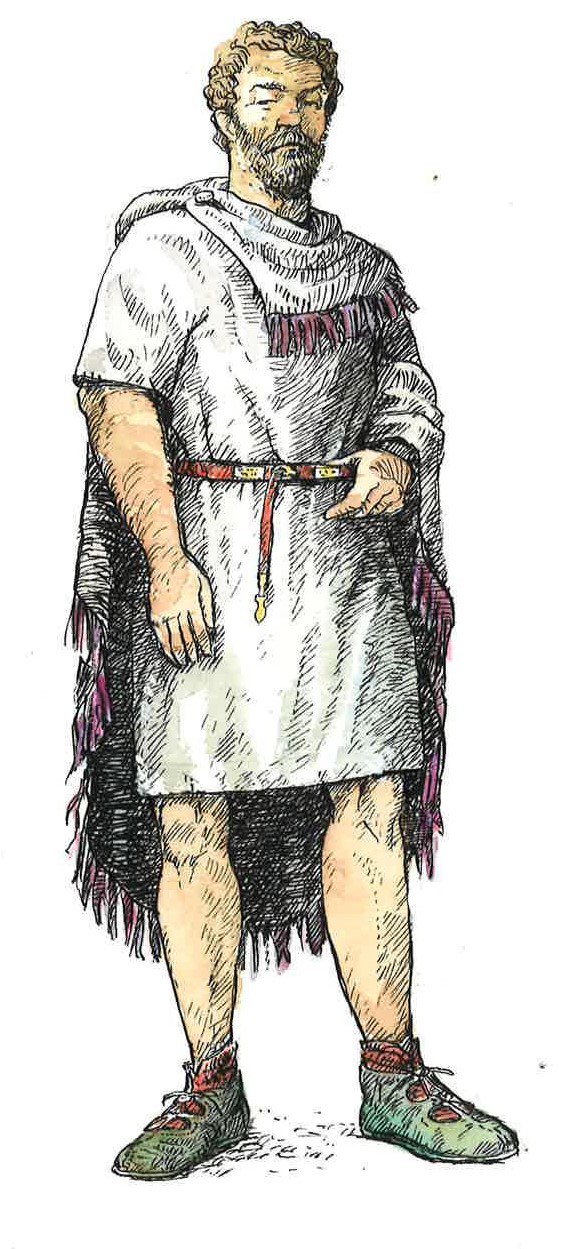Commanding Officer
These teacher notes provide information on who the Commanding Officer was and his role within the fort. You can download a copy of these teacher notes below.
Download: Commanding Officer PDF resource here (971 KB)

The commanding officer was at least 30 years of age and probably came from a wealthy Mediterranean family. He would be in charge of the auxiliary unit (600 soldiers) for about three years.
Most commanding officers had very little military experience. The commanding officer of an auxiliary unit held a succession of short-term posts around the Empire. Many of these were civilian rather than military roles.
Those commanding officers who wanted to stay in the army would try to move on to command a larger 1000-strong auxiliary unit or become a centurion or junior tribune of a legion. However, there was no guarantee of a continuous career in the military, and in fact many auxiliary commanding officers did not want one; the post was just one stepping stone to a political career.
What was the role of the Commanding Officer?
The commanding officer carried out important work around the Fort. He performed some tasks on a daily basis, whilst others were done less frequently.
He would:
- Monitor the paperwork, for example checking rates of illness, making sure there was enough food and equipment for everyone, and in general ensuring others were carrying out their duties properly.
- Receive orders from his superiors and make sure they were carried out.
- Report back to his superiors about what was happening in the local area.
- Arrange meetings with the centurions and decurions to pass on any orders, tell them what to do that day/week, and to get feedback (i.e. if there were any problems such as low morale because of sickness; soldiers have heard rumours of trouble brewing outside the fort; someone has stolen horses from outside the fort or weapons from inside the fort; the last delivery of preserved meat was all rotten; the local stream keeps flooding and is undermining the Wall etc).
- Decide what training the soldiers needed to do.
- Carry out regular inspections of the fort and the troops.
- Watch displays of trained soldiers (such as the cavalry in their hippika gymnasia tournament); praise soldiers if they did well and criticise them if they had done things poorly.
- Make sacrifices to the gods (in front of parade of soldiers) on behalf of the unit.
- Make offerings to the gods on his own behalf.
- Act as judge when a soldier had committed a crime (possibly also for civilians).
- Entertain officials or other military officers passing through the region.
- Entertain local dignitaries or chieftains and discuss any problems in the area (e.g. outbreak of cattle thieving), but also impress them with the might, glory and wealth of Rome at the same time.




